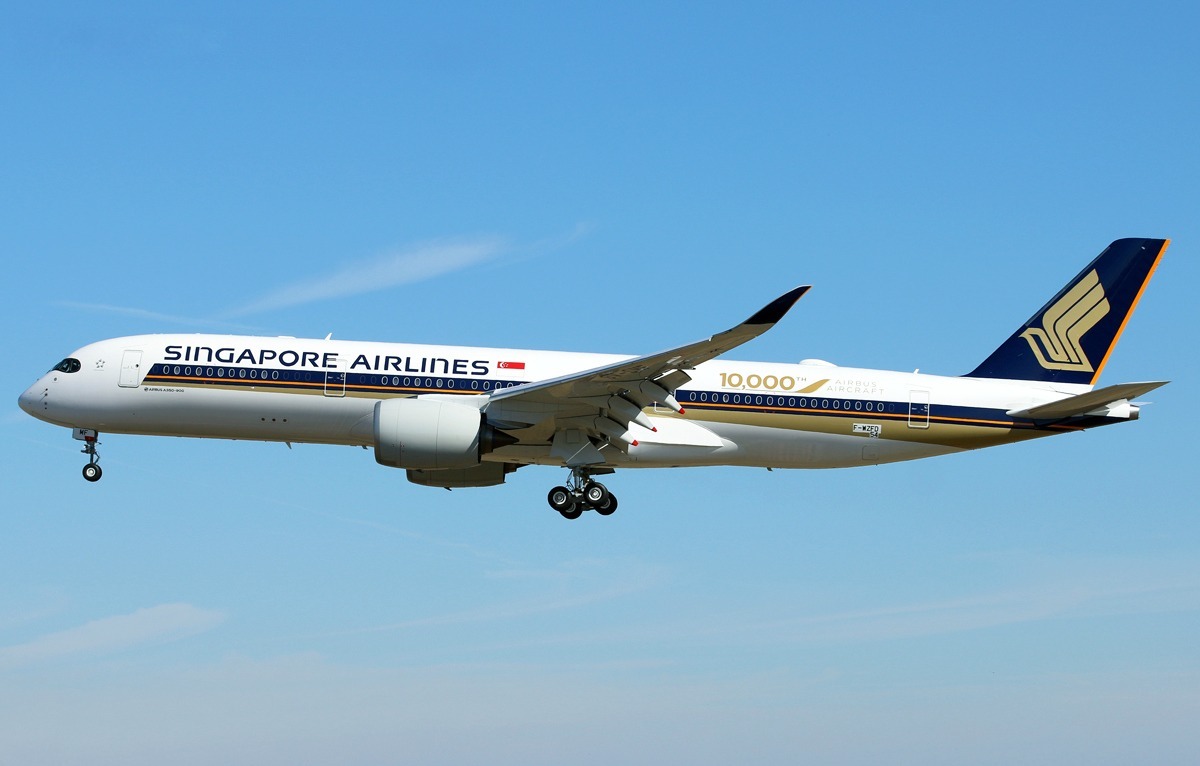The flight was travelling from London to Singapore early Wednesday morning when the plane hit what has been classified as “severe turbulence”, forcing an emergency stop in Bangkok.
Turbulence is caused by the movement of disturbed air that an aircraft flies through, causing sideways and vertical jolts. There are six categories of turbulence, with “severe” being the second highest.
There were 211 passengers and 18 crew members aboard the plane, a Boeing 777-300ER. The passengers included 56 people from Australia and 47 from the UK.
The plane was over 10 hours into the flight and had little-to-no warning of the oncoming air pocket. The crew was in the middle of serving breakfast.
The plane hit an air pocket and dropped 75 ft (22.86m) in three seconds, before flying up 200 ft (60.96m) within six seconds.
It continued dropping and flying up hundreds of feet every few seconds, reaching a maximum height of 37,400 ft (11399.52m) before dropping by 400 ft (121.92m).
The turbulence lasted just under a minute and a half, with the plane stabilizing and landing in Bangkok within a half-hour.
Many of the passengers and crew suffered injuries, particularly to the head, neck, and spine. Passengers who were not wearing seatbelts were flung from their seats, many hitting the plane ceiling hard enough to leave dents.
The man who died of a suspected heart attack was 73-year-old British citizen Geoff Kitchen, identified by Thornbury Musical Theatre Group. The British Foreign Office has not yet identified him.
The most severely wounded were moved to Bangkok’s Samitivej Srinakarin hospital, where hospital officials say more than 10 patients have required surgery.
Of those injured, 22 have spinal cord injuries and six have brain and skull injuries, according to the hospital director.
Singapore Airlines announced that they have flown over 130 passengers and 12 crew to Singapore on a relief flight, though some of the injured parties may need to spend weeks in the hospital before being deemed safe to leave.
Got Choon Phong, CEO of Singapore Airlines, stated that Singapore Airlines was “very sorry for the traumatic experience that everyone onboard SQ321 went through.”
“We are deeply saddened by this incident, and are committed to providing all necessary support and assistance to the passengers and crew members who were on board SQ321, as well as their families and loved ones.”
Turbulence in the atmosphere is likely to increase as the global temperature warms, causing intense jet streams and worsened storms, both of which cause disturbed air.






